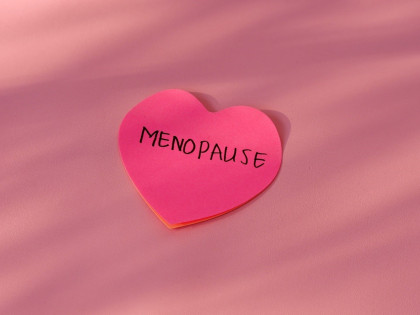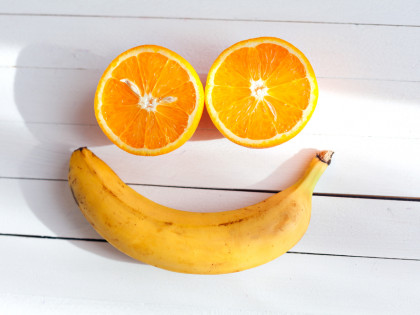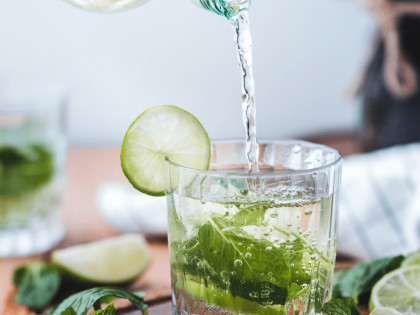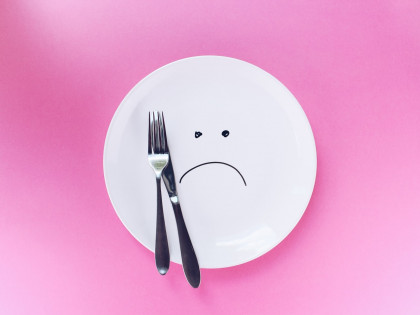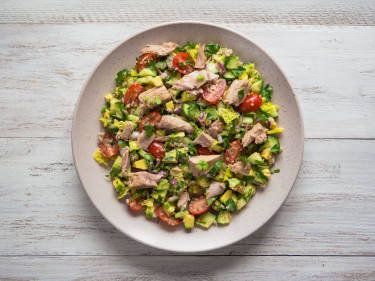Did you know that over a year, one in two people will experience a headache, and one in eight will experience a migraine?
The way you live your everyday life can influence how often headaches occur, and in some cases they can be aided by eating or avoiding certain foods. So if you suffer from headaches, here are five things the research evidence indicates are worth trying to help manage or avoid them!
Increase your water intake
On average you must drink around 8-10 cups (2-3L) of water a day, so it always helps to increase your water intake if you’re not drinking enough. It’s also been proven to provide some relief to those suffering from headaches and migraines.
If you’re out and about, it’s always good to take a water bottle with you wherever you go, and if you’re working or studying from home make sure you have a drink bottle next to you so you’re prompted to drink more throughout the day.
Monitor your caffeine intake
Have you had your morning coffee yet? If you’ve decided to give today’s coffee a miss, chances are you might get a headache due to caffeine withdrawal. In saying that, caffeine can also relieve headache symptoms due to its analgesic (pain relief) effects.
If you know caffeine is a trigger for you, try to monitor your symptoms and find a balance that suits you best!
Avoid fasting
Do you like to have an early dinner and a late breakfast? Well, you could be experiencing headaches due to fasting. These headaches are most likely to occur when fasting for a blood test or medical procedure, or if you’re following a ‘fasting’ weight loss diet, or very low energy meal replacement diet.
Fasting headaches are also likely to be emphasised by caffeine withdrawal, so if you’re fasting for a medical test or procedure, check to see what fluids you’re allowed to drink within your fasting period!
It’s also been found that those who experience migraines are less likely to experience a headache if they eat a night-time snack. If this sounds like you, try having a slice of wholegrain toast with a topping like cheese and tomato or avocado and tuna, or a serving of sweet potato and zucchini fritters with a nice cuppa before bed.
Reduce your alcohol intake
Had a few too many drinks last night and are paying for it today? Alcohol induced hangovers are never fun, and headaches are a classic symptom (among other things).
Alcohol can trigger tension-type headaches, cluster headaches and migraines, so it’s wise to drink responsibly, boost your water intake, don’t drink on an empty stomach, and if you know alcohol is a trigger for you; try to avoid it where possible.
Eat your leafy greens!
For some, migraines can be connected to diet with some of the more common triggers being cheese, chocolate and alcohol.
A recent study showed that women with low dietary folate intakes had more frequent migraines. Folate can be found in foods such as green leafy vegetables, legumes, chicken, eggs and citrus fruits.
If you’re unsure of whether you need to boost your intake of folate rich foods, use the Healthy Eating Quiz to check your nutrition, diet quality and variety!
Need some recipe inspiration? Here’s some recipes that are high in folate!




